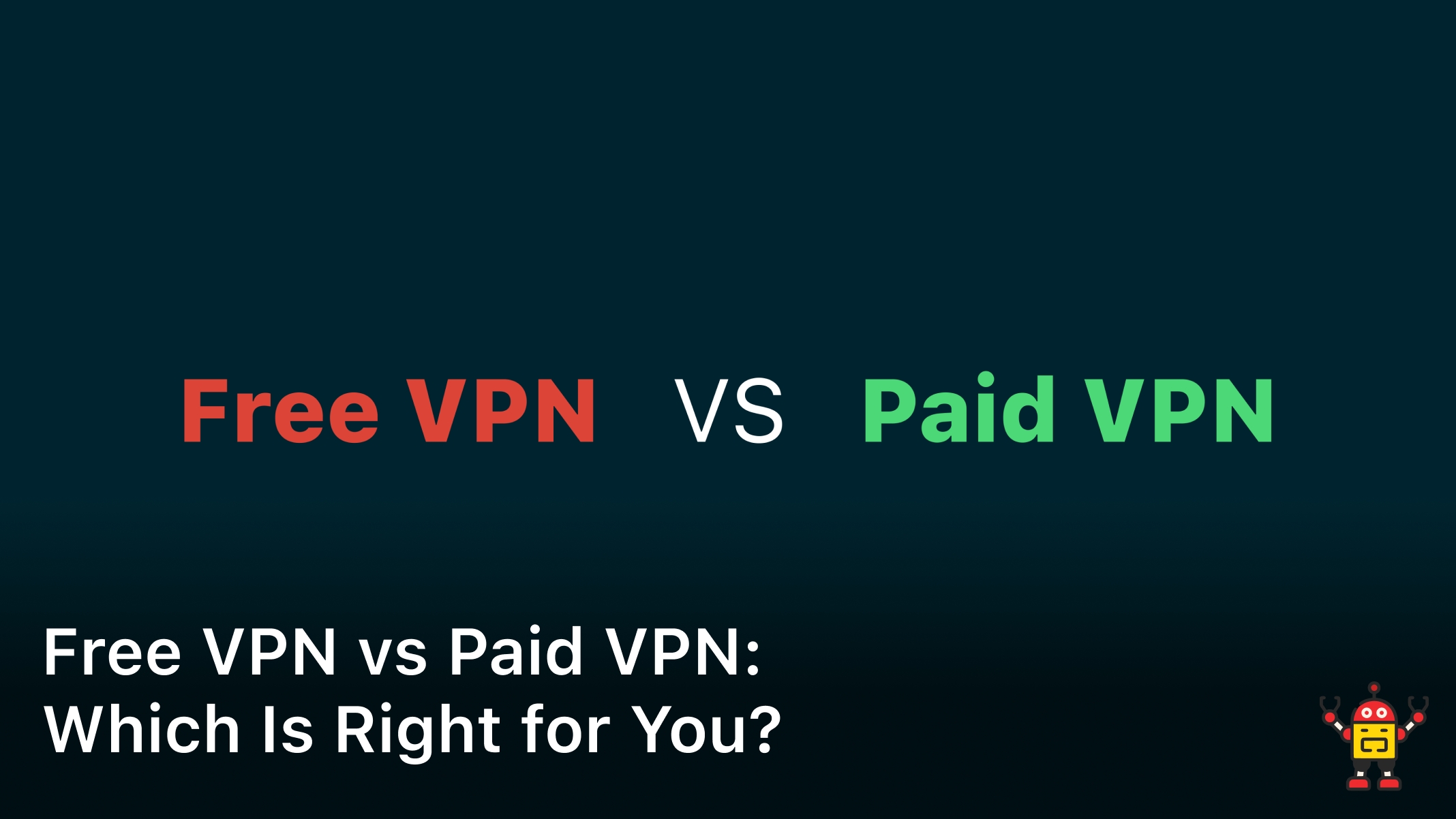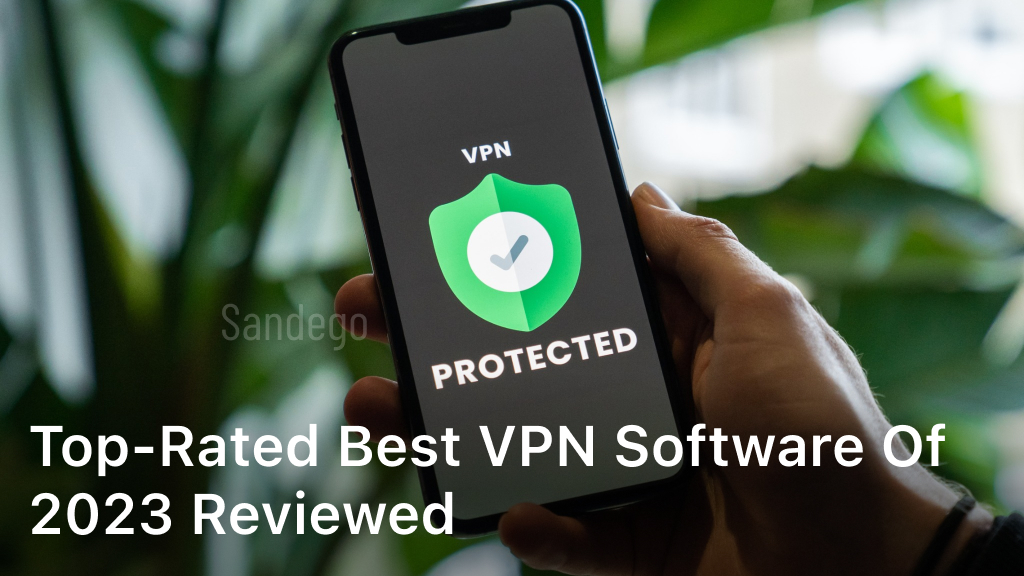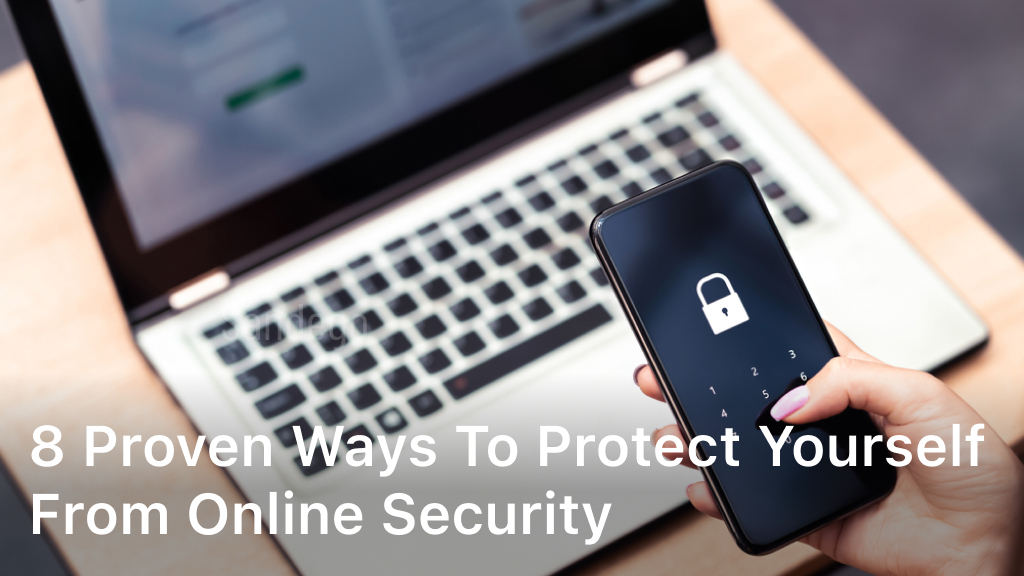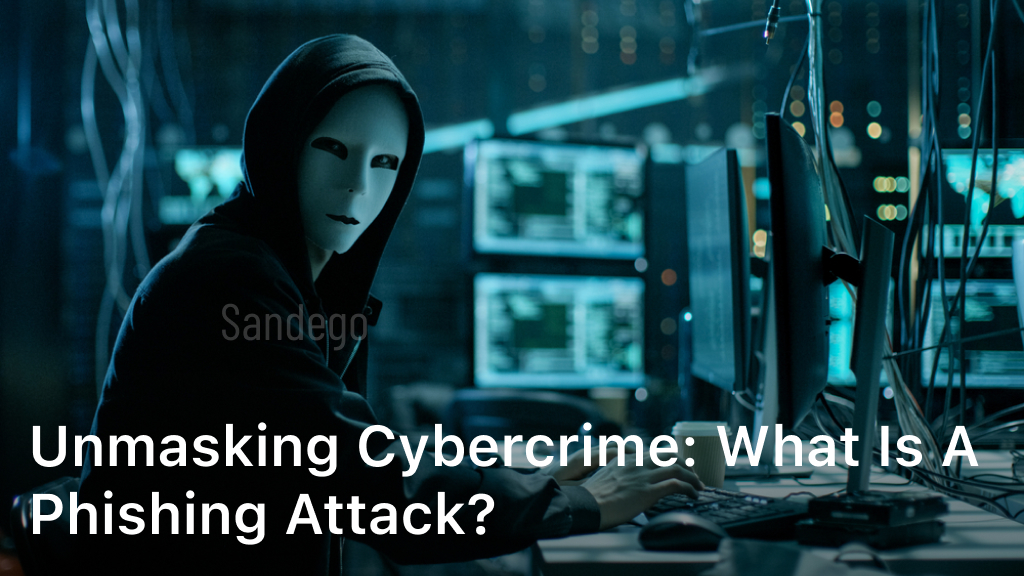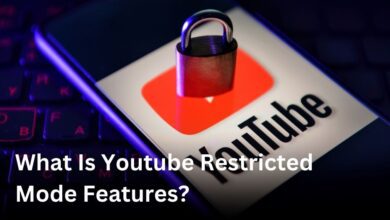As an avid traveler and tech enthusiast, I’m always connected.
Whether I’m searching for the best pho in Hanoi or streaming my favorite shows while on a long flight, I rely on fast, secure internet access wherever I roam.
But with cyberthreats lurking around every wifi hotspot, I need to safeguard my data and digital privacy.
Enter the virtual private network or VPN.
This handy software creates an encrypted tunnel for your internet connection to pass through, hiding your online activity and location.
But should you opt for a free VPN or pay for a premium service?
I’ve tested many options and here’s what I’ve found.
If you value performance, security, and global access, a paid VPN is worth the investment.
However, for basic public wifi protection, a free VPN can do the trick.
Ready to choose your VPN adventure? Let’s dive in!
Security: How Free VPNs and Paid VPNs Compare
When it comes to security, free VPNs and paid VPNs are worlds apart.
As an avid surfer and streamer, security is my top priority so I can browse and stream freely without worrying about who’s watching!
- Encryption. Free VPNs typically use weak encryption that’s easy to crack, putting your data and activity at risk. Paid VPNs offer strong 256-bit encryption that hides everything you do.
- No Logging. Many free VPNs log your online activity and share or sell that data. Yuck! Reputable paid VPNs have a strict no-logging policy so none of your info is collected or shared.
- Server Locations. Free VPNs usually only have a few server locations, limiting your options. I want variety! Top paid VPNs have hundreds of servers in dozens of countries so I can access the content I want no matter where I am.
- Speed. Let’s be real, free VPNs are sloooow. Buffering is no fun! Premium VPNs offer lightning-fast speeds so I can stream shows in HD without annoying lag or buffering. Worth every penny!
- Reliability. Free VPNs crash frequently, get blocked often, and have spotty service. No thanks! Paid VPNs offer a fast, stable, reliable connection whenever you need it.
For me, the added security, privacy, server options, speed, and reliability of a paid VPN is well worth the cost.
I can browse and stream worry-free, knowing my info and activity are protected.
Free VPNs may save a few bucks, but you get what you pay for.
My data and experience are too valuable to trust to a free service!
Privacy: The Levels You Can Expect
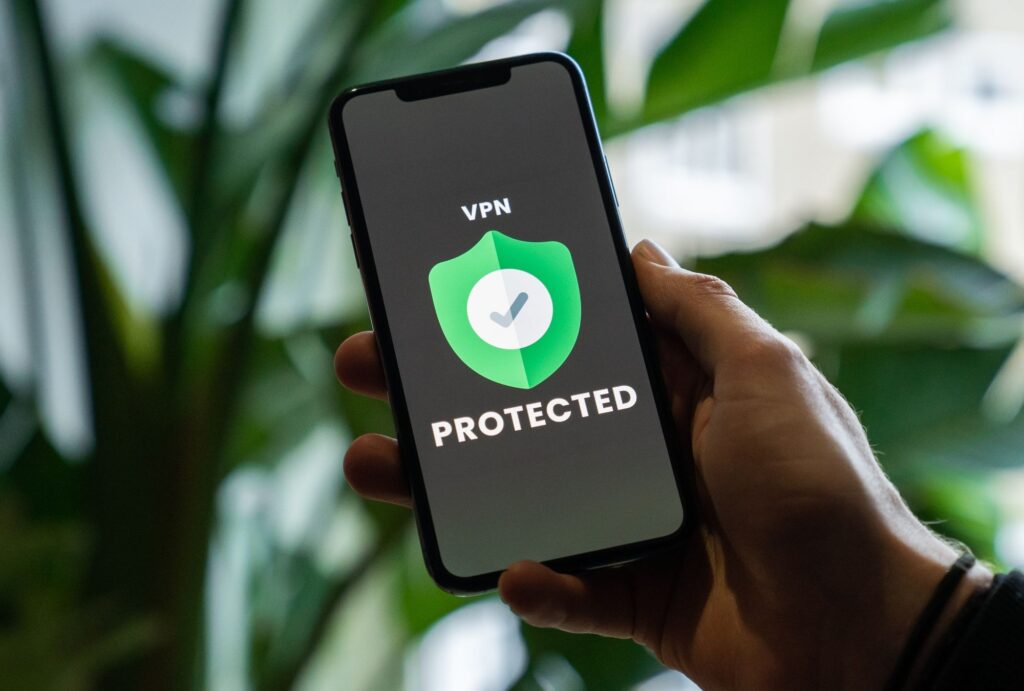
When it comes to privacy, free VPNs simply can’t compare to paid services.
As an avid internet user, online privacy is hugely important to me, so I prefer to pay for peace of mind.
Free VPNs typically collect and sell your data to third parties in order to fund their services.
They may keep logs of your browsing activity, online purchases, location, and more.
Paid VPNs, on the other hand, don’t need to rely on your data to operate, so they often have strict no-logging policies and don’t share or sell user information.
- Paid VPNs use strong encryption to protect your data and hide your online activity. Free services usually only offer basic encryption that’s easy to crack. My paid VPN uses 256-bit AES encryption, which would take even the most powerful supercomputer thousands of years to break!
- Free VPNs typically have bandwidth limits, data caps, and slower connection speeds. I want to stream, download, and browse without restrictions or lag. Premium VPNs offer unlimited bandwidth and fast speeds so I never have to wait for pages to load or videos to buffer.
While free VPNs might seem appealing, you really do get what you pay for.
For unrestricted access, top-notch security, and complete online anonymity, paid VPN services are the way to go.
My privacy and security are worth the small investment.
If online freedom and protection are important to you too, I highly recommend choosing a reputable paid VPN.
Server Locations: Accessing Content From Anywhere
One of the biggest benefits of using a VPN is accessing geographically restricted content from anywhere in the world.
With a paid VPN service, I have a huge selection of server locations to choose from, meaning I can spoof my location and access country-specific streaming libraries, news sites, social platforms, and more no matter where I am.
Hundreds of server locations worldwide
Most paid VPN services offer servers in dozens of countries across every continent.
This means I can connect to a server in the US to access Hulu, switch to a UK server to watch BBC iPlayer, then hop over to an Australian server to access content only available Down Under.
The possibilities are endless! With a free VPN, server options are very limited, usually only a few locations, so accessing restricted content isn’t really possible.
Streaming freedom
My favorite use of a paid VPN is accessing streaming sites that aren’t available in my country. By connecting to a server in the US, I can subscribe to Hulu, Netflix, HBO Max or ESPN+ and enjoy full access to their libraries.
The same goes for UK sites like BBC iPlayer or Australian site Stan.
Most free VPNs are detected and blocked by major streaming services, so paid is the way to go if streaming freedom is important to you.
News and social media
In some countries, news and social media sites are censored or restricted.
A paid VPN allows me to connect to a server in a country with an open internet and access whatever sites I want.
I can read news from independent media organizations, connect with friends on platforms like Facebook, Twitter or YouTube, and browse the open web freely without restrictions.
With hundreds of server locations around the world, a paid VPN service gives me the freedom to virtually transport myself anywhere and access the internet as if I was really there.
There’s a reason paid VPNs are worth the investment!
Speed: Will a Free VPN Slow You Down?
When it comes to speed, free VPNs are notorious for slowing down your connection.
I’ve tried a few free services and my download speeds took a major hit.
If fast internet is important to you, you’ll probably want to steer clear of free VPNs.
Throttling Bandwidth
Free VPN providers have to make money somehow, and one way is by throttling your bandwidth.
They intentionally slow down your connection to try and get you to upgrade to a paid plan for faster speeds.
It’s pretty sneaky if you ask me!
I don’t know about you, but I can’t stand slow internet.
My patience wears thin pretty quickly if web pages, videos, and everything else online starts loading at a snail’s pace.
Server Overload
Another reason free VPNs tend to lag is because their servers get overloaded with users.
When there are too many people connected at once and not enough bandwidth to go around, your speed suffers.
Paid VPNs typically have faster connections, more servers, and can handle many more users without impacting performance.
Extra Features Slow Things Down
Some free VPNs also include extra features like ad blocking, tracker blocking, and firewalls.
While these can be useful, they require more processing power and can use up valuable bandwidth, slowing down your connection.
Paid services are better optimized and less likely to have a big impact on your speed.
If fast, reliable internet is a top priority in your life like it is in mine, I highly recommend going with a paid VPN service.
The small annual fee is well worth it for lightning-fast connections, unlimited bandwidth, and an overall better experience.
Free VPNs may save you a few bucks, but you end up paying for it with slow speeds and buffering!
If budget is a concern, you can at least sign up for a free trial with a paid VPN to experience the difference in speed for yourself.
Features: What Else Do VPNs Offer?
When it comes to choosing between a free VPN and a paid VPN, one of the biggest factors for me is the features.
I want a VPN that offers more than just basic internet privacy and security.
As an avid streamer and torrenter, certain features are must-haves!
Unlimited Bandwidth
I don’t want my VPN capping how much data I can use in a month.
I need unlimited bandwidth so I can stream and download as much as I want without worrying about going over a limit.
Most paid VPNs offer unlimited bandwidth, while free VPNs typically have low data caps which won’t work for my needs.
Fast Connection Speeds
Free VPNs are often slow because they’re overloaded with users and lack powerful servers.
I want a VPN that offers fast connection speeds so I can stream HD video and quickly download torrents without buffering or waiting ages for files to download.
Paid VPNs typically offer much faster speeds thanks to more advanced servers and less network congestion.
No Logging Policy
My online privacy is important to me, so I only want to use a VPN with a strict no-logging policy.
This means the VPN provider does not log or store any of my personal internet usage data or online activities.
Most reputable paid VPNs have a transparent no-logging policy, but many free VPNs do log user data and online behavior.
Dedicated Apps
I prefer using dedicated VPN apps rather than manually configuring VPN connections.
Trustworthy VPN providers offer easy-to-use apps for Windows, Mac, Android, iOS, routers, and more.
The apps make it simple to turn the VPN on and off and often come with extra features like a kill switch to protect your privacy if the VPN drops.
Most free VPNs lack dedicated apps.
Overall, while free VPNs may seem appealing, for my needs the features of a paid VPN are far superior.
The unlimited bandwidth, fast speeds, no-logging policies, and dedicated apps offered by most paid VPN services are well worth the cost, in my view.
For the best value, I look for VPNs with affordable long-term subscription plans.
What features are most important to you in a VPN?
Conclusion
As you can see, there are good reasons to consider both free and paid VPN services.
While free VPNs offer an easy way to browse more securely and access geo-restricted content at no cost, paid VPNs provide faster speeds, stronger encryption, and more servers for a small monthly fee.
For most casual users, a reputable free VPN should work great and is an easy way to start enjoying the benefits of VPN.
However, if you’re someone who values speed, security, and reliability above all else, a paid VPN is probably your best choice.
The bottom line is that you need to weigh the pros and cons of each option based on your needs and budget.
Whichever you choose, a VPN can open you up to a whole new world of online freedom and security.
Happy browsing!

